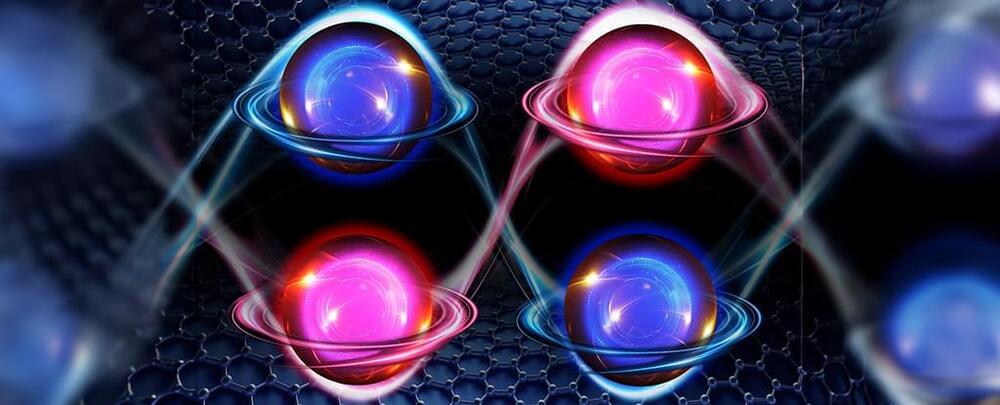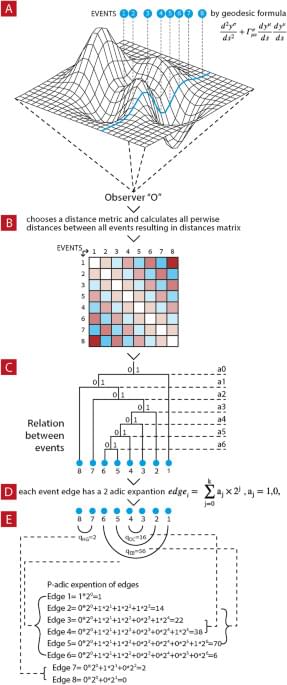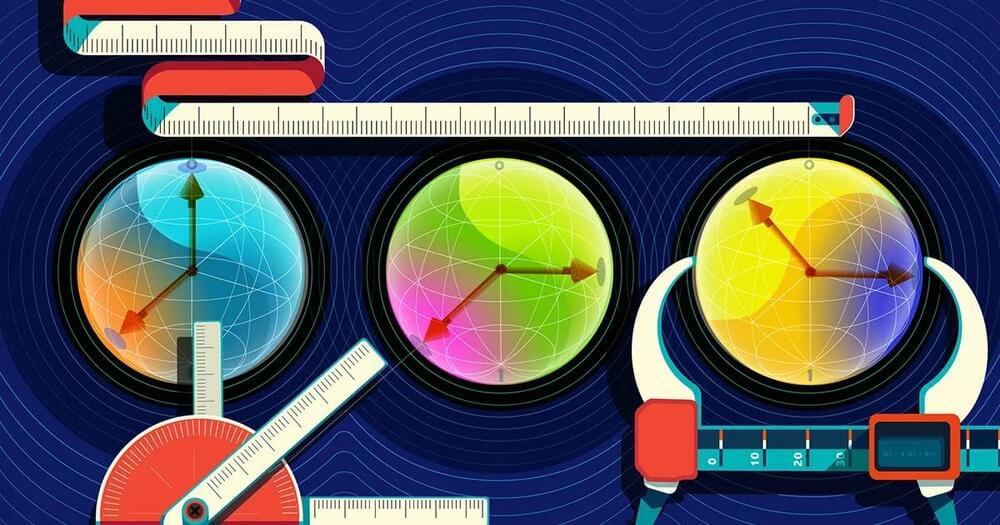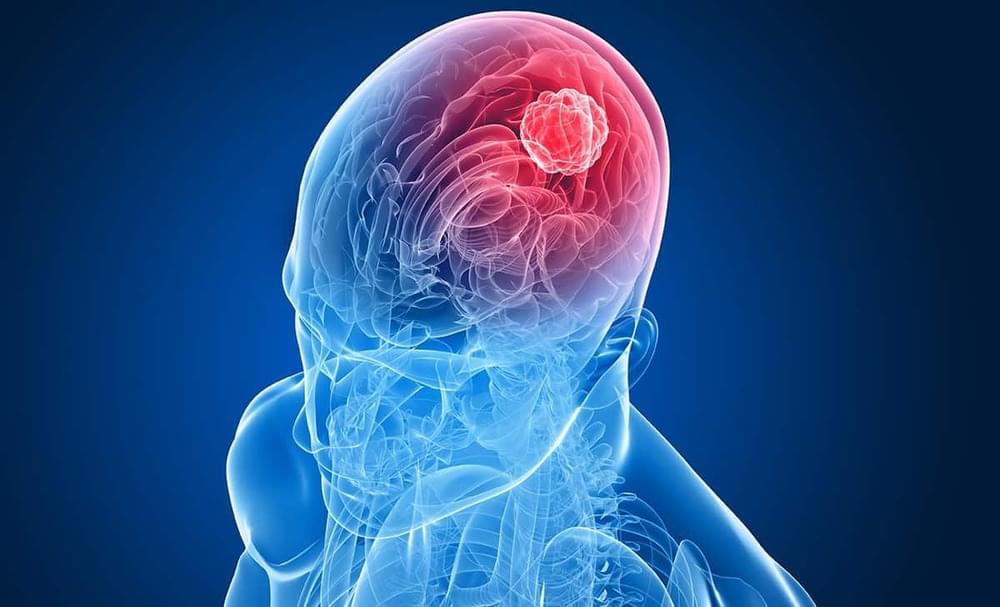The super-special material graphene continues to surprise and fascinate scientists, this time revealing a rare electronic state termed ‘ferro-valleytricity’, which occurs when graphene is stacked up in a particular five-layer combination.
When in this new state, the graphene stack exhibits weird and wonderful magnetic and electronic behavior, as reported by researchers from the Massachusetts Institute of Technology (MIT), Harvard University, and the National Institute for Materials Science in Japan.
Using graphene in this way could help in the development of both classical and quantum computers, according to the team, especially in terms of creating data storage solutions that offer large capacities but that also need relatively little energy to run.









